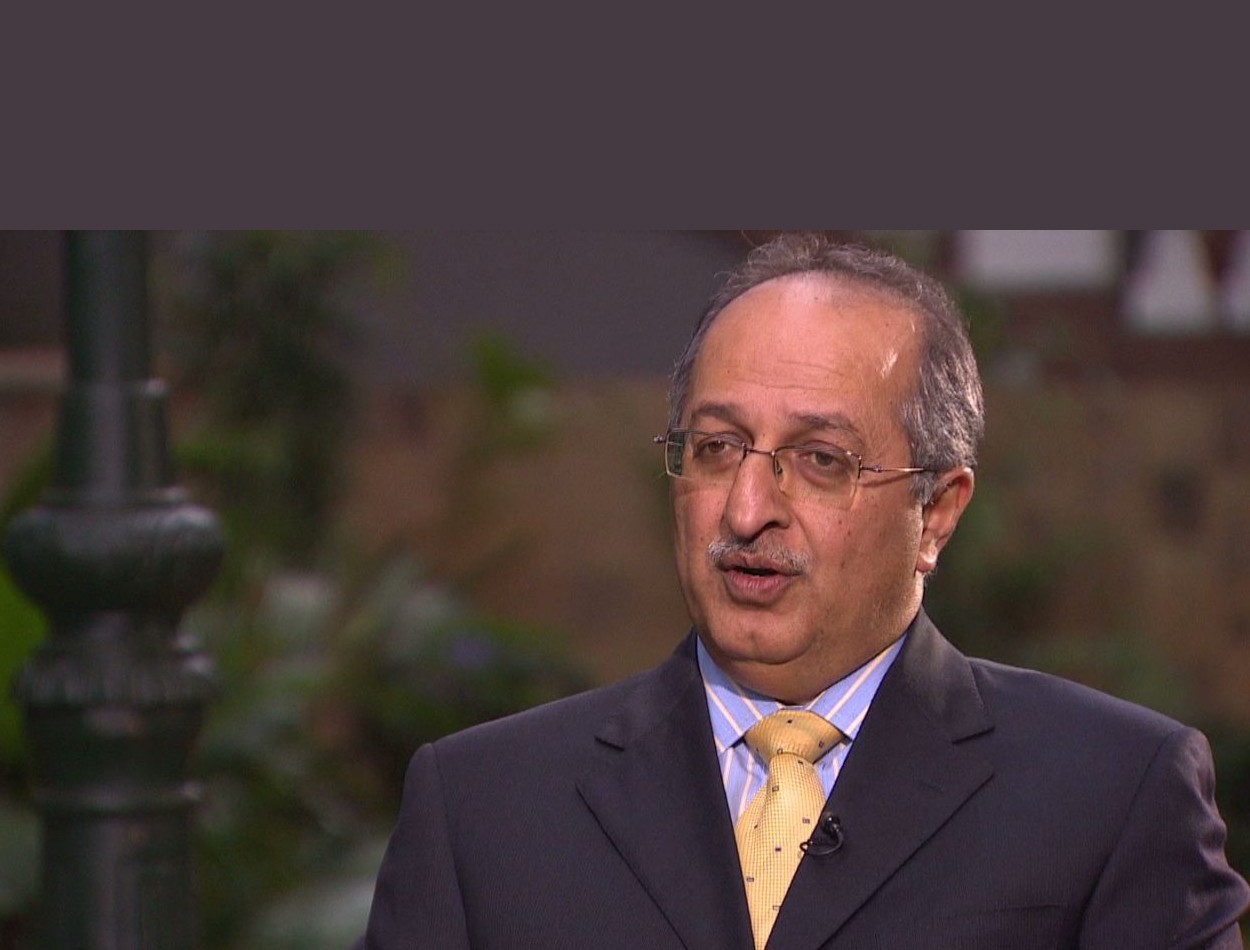Nigeria’s House of Representatives Committee on Solid Minerals has threatened to issue an arrest warrant against the management of Africa’s richest man Aliko Dangote’s cement manufacturing company Dangote Cement.
This followed the management’s alleged refusal to honour the committee invitation. The committee had on May 7, 2024, issued a 14-day ultimatum to cement manufacturers including Dangote Cement to appear before it and make their submissions on the arbitrary increment of cement prices in Nigeria.
The Chairman of the committee Jonathan Gaza Gbefwi, gave the summon at a public hearing to investigate the significant price hikes in cement in Nigeria by cement manufacturers, which have made the product unaffordable for many Nigerians.
However, Dangote cement officials failed to appear at the Tuesday hearing. Chairman Gbefwi expressed his frustration at the officials’ absenteeism and highlighted the seriousness of the cement price hikes.
According to Gbefwi, cement companies were making life difficult for Nigerians by hiking cement prices. As such, he directed the Cement Manufacturers Association of Nigeria and the Central Bank of Nigeria to appear before it in two weeks to deliberate on how to address the issue.
“They want to over-profit without any sense of empathy for the citizens that have given them this platform,” the chairman said.
He gave Dangote Cement one more chance to present its officials before the committee or face legal action.
“On Dangote, my ruling is simple. The laws have given us the necessary powers, but we owe you a duty of care. We are going to give you one more chance. We are going to communicate a date,”Gbefwi said.
“Failure to comply with that date, a subpoena will be issued. A warrant of arrest will be given for you to make an appearance before the National Assembly. No single individual is bigger than the parliament of his country. No single Nigerian is bigger than the National Assembly,” he added.
The committee’s threat is backed by Section 88 of the Nigerian Constitution, which grants the National Assembly the power to issue warrants of arrest to compel attendance for investigations. This provision ensures that individuals or entities summoned by the House or its committees must comply, or face legal consequences.
“For the purposes of any investigation under section 88 of this Constitution and subject to the provisions thereof, the Senate or the House of Representatives or a committee appointed in accordance with section 62 of this Constitution shall have the power to issue a warrant to compel the attendance of any person who, after having been summoned to attend, fails, refuses, or neglects to do so,” part of Section 88 reads.
Whether Dangote Cement and the other parties mandated to appear before the committee will comply remains to be seen.
Legal woes
This is the latest in a series of legal woes plaguing Africa’s richest man Dangote. The Forbes-listed billionaire and founder of Dangote Group who previously wined and dined with the who is who in the ruling class and even enjoyed a close relationship with Nigeria’s former President Muhammadu Buhari has faced a tough time since President Bola Tinubu took office.
For instance, in January 2024, anti-graft officials raided the Dangote Group’s Lagos office. The raid was part of an investigation into forex allocations.
According to the Economic and Financial Crimes Commission (EFCC) former Central Bank of Nigeria governor Godwin Emefiele, currently facing several charges in three different courts, favoured and enriched select individuals and companies during his tenure. He is accused of preferential forex allocations to the said individuals.
Consequently, the EFCC wrote to 52 companies including Dangote Group directing them to supply documents supporting the allocation and utilisation of foreign currencies to them in the last 10 years.
However, of the 52, Dangote Group was the only company that ended up being raided by the anti-graft commission.






